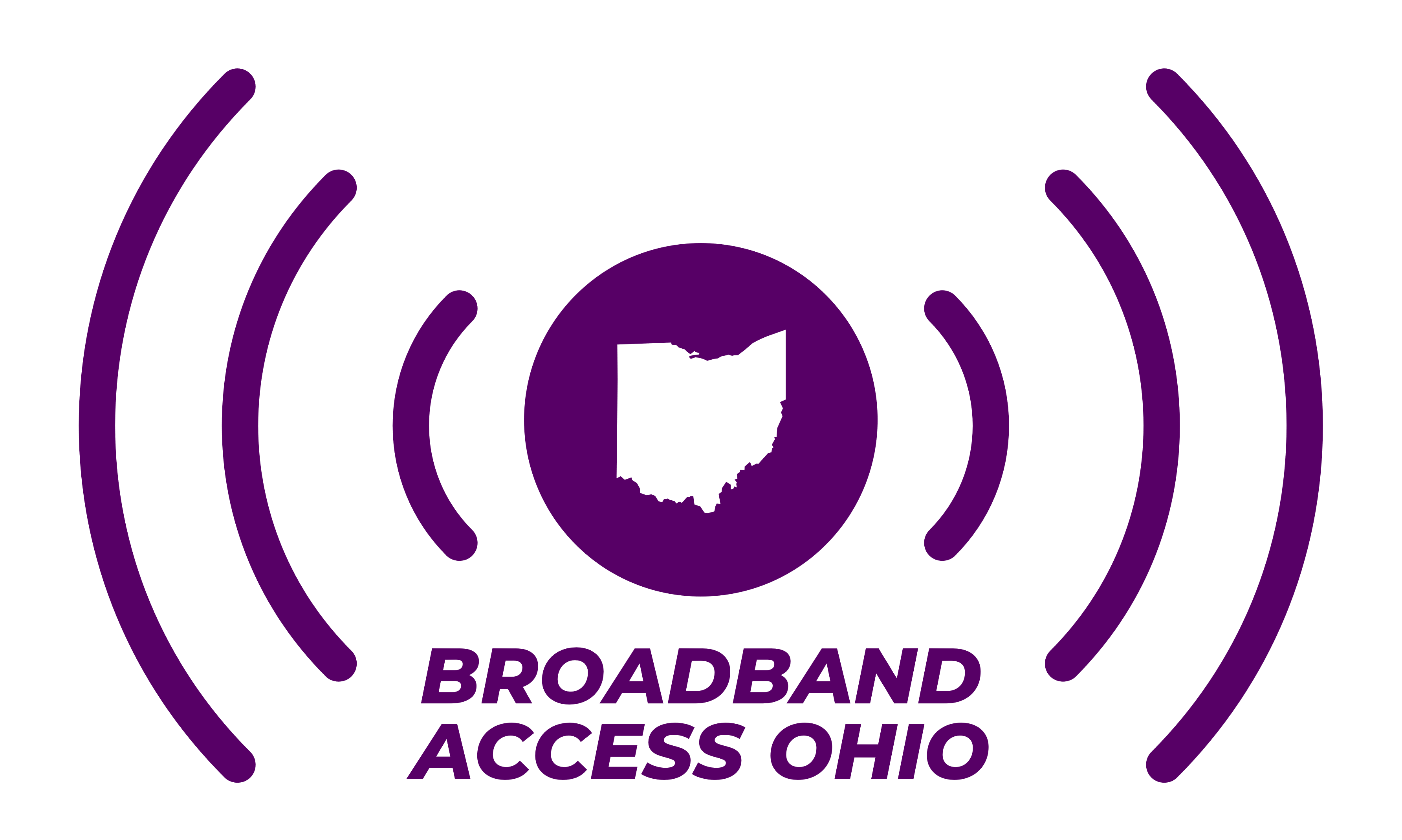STURGEON BAY – Results of a study and survey commissioned by the Door County Economic Development Corp. on high-speed broadband internet service in the county confirmed what many have long thought — there isn’t much broadband available, some areas have little or no internet access at all, and what there is often doesn’t offer adequate service.
The results, released last month by the DCEDC, provide a basis for developing a plan to make high-speed internet available across the Peninsula, executive director Steve Jenkins said.
“Those are the salient points that put some substance to what we suspected,” Jenkins said. “It gives us the foundation to launch a countywide effort to bring broadband to as many places as we can as is economically feasible.”
The DCEDC formed a Broadband Study Committee that worked with broadband infrastructure engineering assessment consultants Finley Engineering and CCG Consulting on the study, which took six months to complete. The full report runs 215 pages, but a 26-page summary written in layman’s terms is available on the DCEDC website (livedoorcounty.org/wp-content/uploads/2021/11/Broadband-Infrastructure-Engineering-Assessment-Report-Executive-Summary-11-5-21-1.pdf).
Jenkins, who heads the committee, said in an interview with the Advocate that, besides showing a strong demand for better broadband service in Door County, two other main points were raised by the study and survey.
One is that 81% of the survey’s 1,011 respondents said they’d definitely buy in with an internet service provider that either was new or competing with existing ISPs in Door County.
“That shows immense frustration with the current service, or with no service at all,” Jenkins said. “I think people want to see that upgrade. Some want more competition for services that would bring pricing down or make the services more robust.”
The other point is of the eight ISPs currently serving the county, only one offers service that meets the Federal Communications Commission’s minimum definition of broadband, which is download speeds of 25 megabits per second (Mbps) and upload speeds of three megabits per second.
“It shows the problems with those who have service but don’t have the speeds they expect,” Jenkins said. “That was a really important finding. It shows that even though service may be available, it’s lacking.”
The lack of broadband service matters for existing businesses as well as future business development. Jenkins noted the impact is especially felt during Door County’s summer tourism season. He said besides struggling to operate their websites properly, many businesses said at times they didn’t have enough bandwidth to process credit card transactions.
“Broadband is the new foundation of infrastructure for economic development,” Jenkins said. “If you don’t have it, business is going to suffer.”
Those difficulties also could affect the tourists who drive the Peninsula’s economy from May through at least October and often rely on using smartphones, iPhones, tablets and mobile devices to seek information on things to do and make reservations for meals or events.
“We don’t have empirical data, but we do have anecdotal data,” Jenkins said. “I believe (the lack of broadband availability) has to be affecting visitors who come here during the season, which in turn impacts their enjoyment of their stay.”
He added that the lack of broadband was especially felt in the past two years because of the COVID-19 pandemic. The study includes reports of school children who had trouble getting consistent and fast-enough connections for virtual learning, as well as people who needed to conduct virtual telemedicine visits with their doctors.
The next step
Now that the study is complete, Jenkins said the next step is to come up with a framework for a plan to make broadband happen in Door County. The committee met Thursday to work on a proposal it will present to the DCEDC board at its Dec. 20 meeting.
The committee then will enter discussions with potential service providers — Jenkins called them “ISP partners” — who would have “willingness to provide service not just in communities but perhaps the entire county.”
Discussions also will take place with county and municipal governments on how to best meet local needs and implement the plans, including reviewing the communities’ policies on construction of a fiber network. The committee also will seek to collaborate and coordinate their efforts with the local governments and “get creative” in seeking grant opportunities to help finance the project.
“It’s going to take a lot of partners to make this work,” Jenkins said.
The focus initially will be likely on areas where broadband can get up and running quickly, Jensen said, but he noted Door County has a fiber trunk already in place that runs the full length of the Peninsula, including Washington Island.
“We’ve got a head start in that regard,” he said. “Our backbone is in place.”
One thing the committee would prefer is implementing ISPs with 100 Mbps upload/100 Mbps download speeds. That’s much faster than the current FCC minimum for broadband of 25 up/3 down, but Jenkins said the faster speeds would make grant proposals for a broadband project more attractive and prevent or at least lessen the need for future speed upgrades. Also, some government officials have said recently that the current minimum is outdated and needs to be raised.
“We need to look at 100 up/100 down as the new benchmark for service,” Jenkins said. “If we don’t do that, I think we’ll be shortchanging ourselves long-term. Our goal is to provide the most robust service possible and future-proof it for 25 or 30 years.
“We’re committed to implement these recommendations (from the study) and monitor the progress over time.”
Click to here to view the original article: https://www.greenbaypressgazette.com/story/news/local/door-co/2021/12/13/study-confirms-lack-adequate-broadband-internet-door-county/6464177001/

Recent Comments